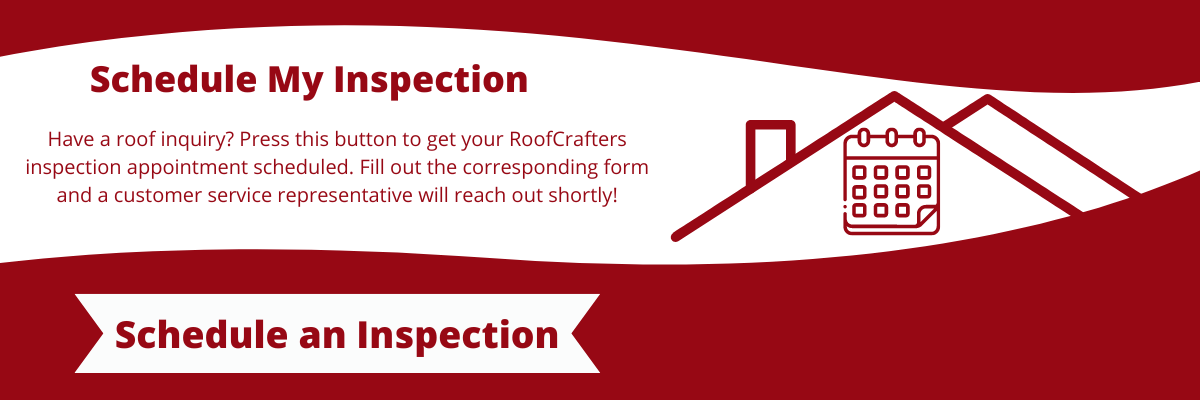Commercial Roofing Insulation: What Are Cellular Glass Boards?
December , 2023 | 6 min. read
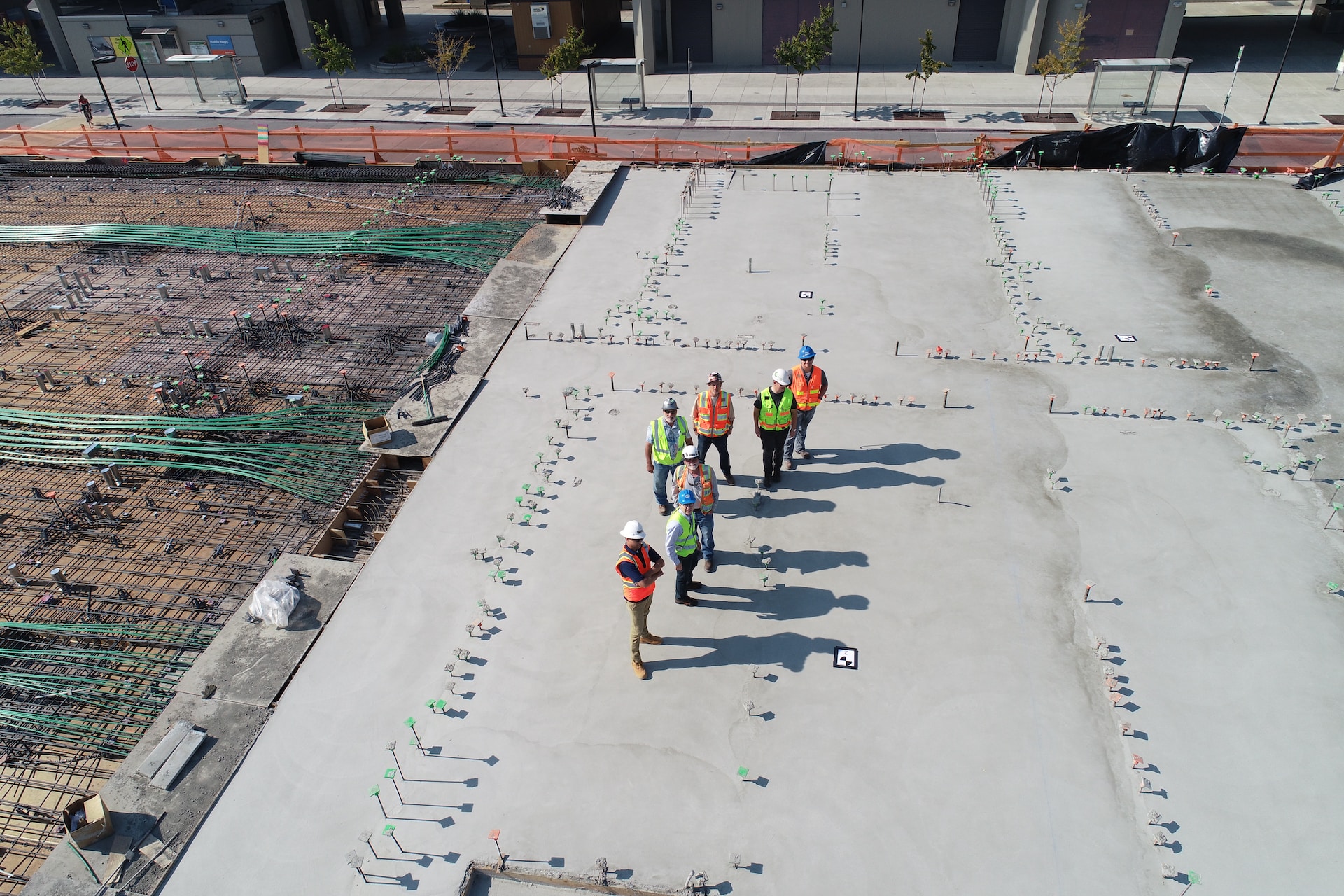
In the world of commercial roofing, the quest for reliable, energy-efficient, and durable insulation solutions has led to the creation of innovative materials. Among these, cellular glass boards have carved a niche for themselves as a standout option. Comprised of recycled glass, these boards are engineered to deliver a trifecta of benefits crucial in the construction landscape: unparalleled thermal insulation, resilience against moisture, and a steadfast defense against fire hazards.
At RoofCrafters, we’re eager to share that in the pursuit of creating environmentally conscious and high-performing roofing systems, the adoption of cellular glass boards has gained considerable traction within the commercial construction sphere.
Their ability to address critical challenges ranging from temperature control and moisture resistance to fire safety has positioned them as a frontrunner in the “Best Commercial Insulation” race. So, if you’re interested in learning exactly what these bodacious boards are, their benefits and drawbacks, as well as their cost, stick around until the end of this article!
What Are Cellular Glass Boards?
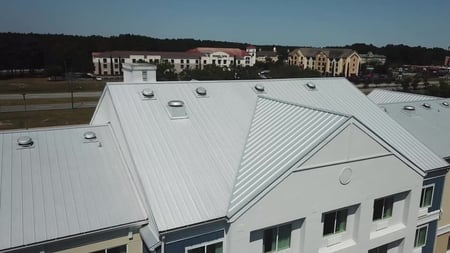
Cellular glass board is a type of insulation material used mostly in commercial roofing and construction. It's made from crushed glass combined with a foaming agent that creates a cellular structure with numerous sealed air pockets. These air pockets make it lightweight while offering excellent thermal insulation properties.
This material is moisture-resistant, non-combustible, and can withstand high temperatures, making it suitable for various applications in roofing where insulation and durability are essential. It's often used in flat roofs, green roofs, and other construction projects where a high level of insulation is required. Additionally, it's known for being environmentally friendly due to its composition of recycled glass.
What Are the Benefits of Cellular Glass Boards?
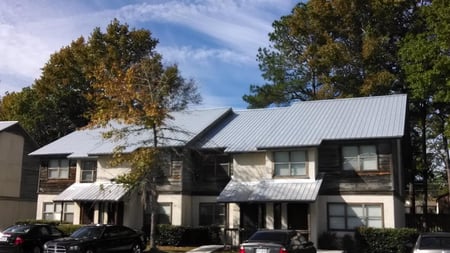
Cellular glass boards offer several benefits in commercial roofing applications:
.png?width=1200&height=200&name=Recommended%20Reading%20(69).png)
Excellent insulation: They provide high thermal insulation, maintaining stable indoor temperatures, which can reduce energy consumption and HVAC costs.
Moisture resistance: Cellular glass is non-absorbent, making it highly resistant to moisture, preventing issues like mold growth and water damage in the roofing system.
Fire resistance: Being non-combustible, cellular glass boards contribute to the fire safety of the building by resisting flames and not adding fuel to potential fires.
Durability: They have a long lifespan and are resistant to weathering, chemicals, and pests, contributing to the longevity of the roofing system.
Load bearing: They can support heavy loads, making them suitable for areas where foot traffic or equipment might be present on the roof.
Environmental friendliness: Made from recycled glass, cellular glass boards are eco-friendly and contribute to sustainable building practices.
Ease of installation: They are relatively lightweight and can be easy to install, reducing labor time and costs.
Low maintenance: Once installed, cellular glass boards typically require minimal maintenance, reducing long-term upkeep expenses.
In commercial roofing, these benefits collectively contribute to a reliable and efficient roofing system that meets both insulation and safety requirements while offering long-term cost savings.
What Are the Drawbacks of Cellular Glass Boards?
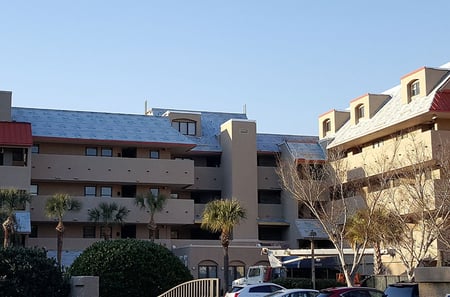
While cellular glass boards offer several advantages, they do have some drawbacks to consider:
.png?width=1200&height=200&name=Recommended%20Reading%20(70).png)
Cost: Cellular glass insulation can be more expensive upfront compared to some other insulation materials, which might increase the initial project cost.
Brittleness: The material can be brittle, making it susceptible to damage if mishandled during transportation, storage, or installation.
Limited availability: Depending on the location, cellular glass boards might not be as widely available as other insulation materials, which could affect accessibility and procurement.
Installation challenges: Specialized knowledge or techniques might be required for installation, and improper installation can compromise its effectiveness.
Rigid structure: The rigidity of cellular glass boards might make them less suitable for curved or irregular surfaces, limiting their applicability in certain roofing designs.
Weight: While they're generally lightweight compared to some alternatives, cellular glass boards can still add some weight to the roofing structure, requiring consideration in load-bearing designs.
Thermal expansion: In extreme temperature variations, cellular glass might experience minimal expansion and contraction, potentially causing stress on the roofing system over time.
Fragility in extreme conditions: In very cold temperatures, cellular glass might become more susceptible to impact damage due to increased brittleness.
Understanding these drawbacks can help in making informed decisions regarding the suitability of cellular glass boards for specific commercial roofing applications and projects.
What’s the Average Cost of Cellular Glass Boards?

The cost of cellular glass boards can vary based on several factors, including thickness, density, manufacturer, and location. The price range for cellular glass insulation boards is roughly between $10 to $20 per square foot for materials only, though this cost can fluctuate.
Factors affecting the cost include:
- Thickness: Thicker boards generally cost more due to increased material usage.
- Density/quality: Higher density or better quality cellular glass boards might be more expensive but offer better insulation properties.
- Manufacturer and brand: Different manufacturers may have varying prices based on their production processes, quality standards, and market positioning.
- Market conditions: Prices can vary regionally based on demand, availability, and local market conditions.
It's essential to consider installation costs, transportation fees, taxes, and any additional materials or accessories needed when estimating the overall expense of using cellular glass boards in a roofing project. For accurate pricing, reaching out to suppliers or manufacturers for quotes specific to your project's requirements and location is recommended.
Understanding Your Commercial Roofing Insulation Options
As you now know, cellular glass board stands as a durable and highly efficient insulation solution for various roofing applications. Their composition, primarily crafted from recycled glass, embodies an eco-friendly approach to construction while offering exceptional benefits. With outstanding moisture resistance, these boards mitigate the risks of mold, water damage, and corrosion, ensuring the longevity and structural integrity of commercial roofing systems.
However, alongside their array of advantages, cellular glass boards come with certain considerations. Their initial cost, though offset by long-term energy savings, can be higher compared to some other insulation materials. Additionally, their brittleness requires careful handling during transportation and installation, potentially impacting overall project expenses. Ultimately, cellular glass boards represent a compelling choice for commercial roofing due to their exceptional insulation capabilities, durability, and environmentally conscious design.
While their upfront costs and handling requirements warrant attention, their ability to create energy-efficient, moisture-resistant, and fire-safe roofing systems positions them as a valuable asset in the construction industry's pursuit of sustainable and resilient building practices. If you’re interested in learning more about your insulation options, or whether or not cellular glass boards are right for your commercial space, be sure to hit the “Schedule an Inspection” button down below!
My name is Cassie, and I’m the Content Manager here at RoofCrafters. I was born and raised in Chicago, Illinois, and made my way out to Florida post-college graduation. I’m incredibly passionate about writing and creating valuable content that helps others with the collaboration of my marketing team. When I’m not working, I enjoy shopping (a little too much), spending time at the beach, and reading!



